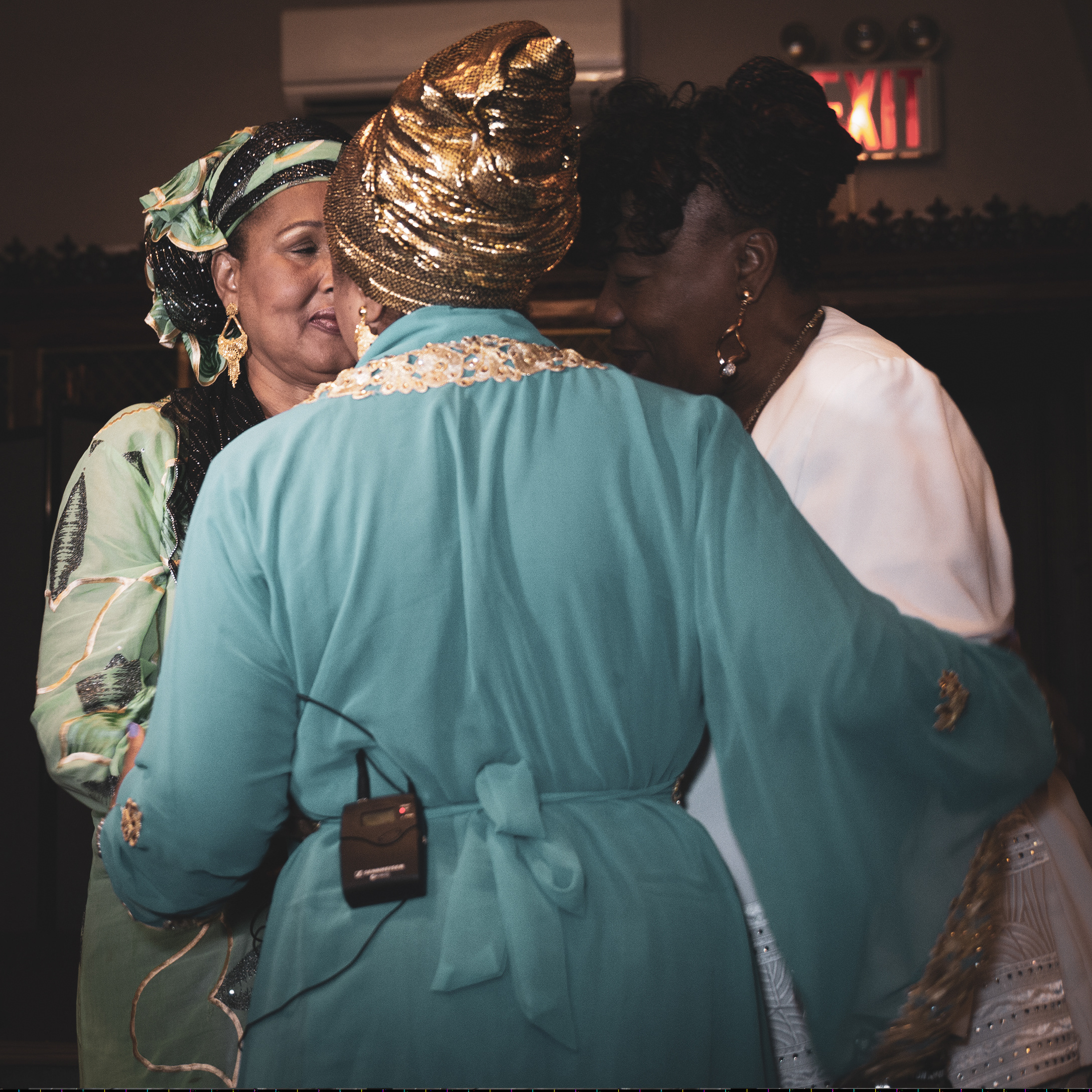In the heart of New York City, grieving families confront an unyielding system after their children fall victim to police violence. As they fight for justice, their stories unveil the flawed law enforcement policies that perpetuate tragedy.
Synopsis
Decades of aggressive policing policies have raised critical questions about accountability. Are officers truly held responsible when innocent lives are lost? Is the mass targeting of people of color justified when only a fraction yield illegal items? As families mourn, they confront a system that fails to protect their children, both in life and death.
Gwen Carr, Hawa Bah, Kadiatou Diallo, William Bell, Nicholas Heyward Sr., and Nicholas Heyward Sr. refuse to accept injustice, mobilizing to safeguard their children's legacies. Amidst grief and resistance, they demand justice from an unyielding NYPD. Through their journey, we explore the policies that paved the way for these tragedies.
Our Why
MiddleMen's mission is to cultivate empathy among viewers who may hold the misconception that police are always in the right. This perspective, prevalent in the jury pool and mainstream media, perpetuates confirmation bias and undermines police accountability, particularly in communities already marginalized by discrimination enforced through the criminal justice system. In reality, individuals in discriminated communities share universal desires for safety and security.
It's crucial to challenge narratives that perpetuate racism and instead celebrate the beauty, love, power, and resilience of black and brown identities. Understanding that perspectives on policing vary greatly based on personal experiences is essential. While some view police officers as protectors of their community, others perceive them as agents of unjust prosecution.
This dichotomy creates ambiguity around accountability, treatment, and enforcement, with some experiencing police brutality with impunity. Brutality by law enforcement agencies has been extensively studied, yet accountability metrics often neglect the treatment of communities impacted by discriminatory practices. The criminal justice system perpetuates trauma in urban communities with predominantly colored populations, exacerbating broken homes, strained relationships, and deepening poverty and suffering.
Addressing root causes requires acknowledging the failures of the policing system and confronting ambiguous accountability. Encouraging officers to adopt alternative, non-excessive enforcement methods rooted in positive community relationships is crucial. Recognizing the profound impact of arrest and incarceration on individuals' lives can inform more strategic crime-solving approaches. Ultimately, fostering empathy and understanding between law enforcement and communities is essential for promoting justice and healing societal divisions.
Donations are 100% tax deductible less expenses for giveaways like t-shirts, stickers, and posters.
